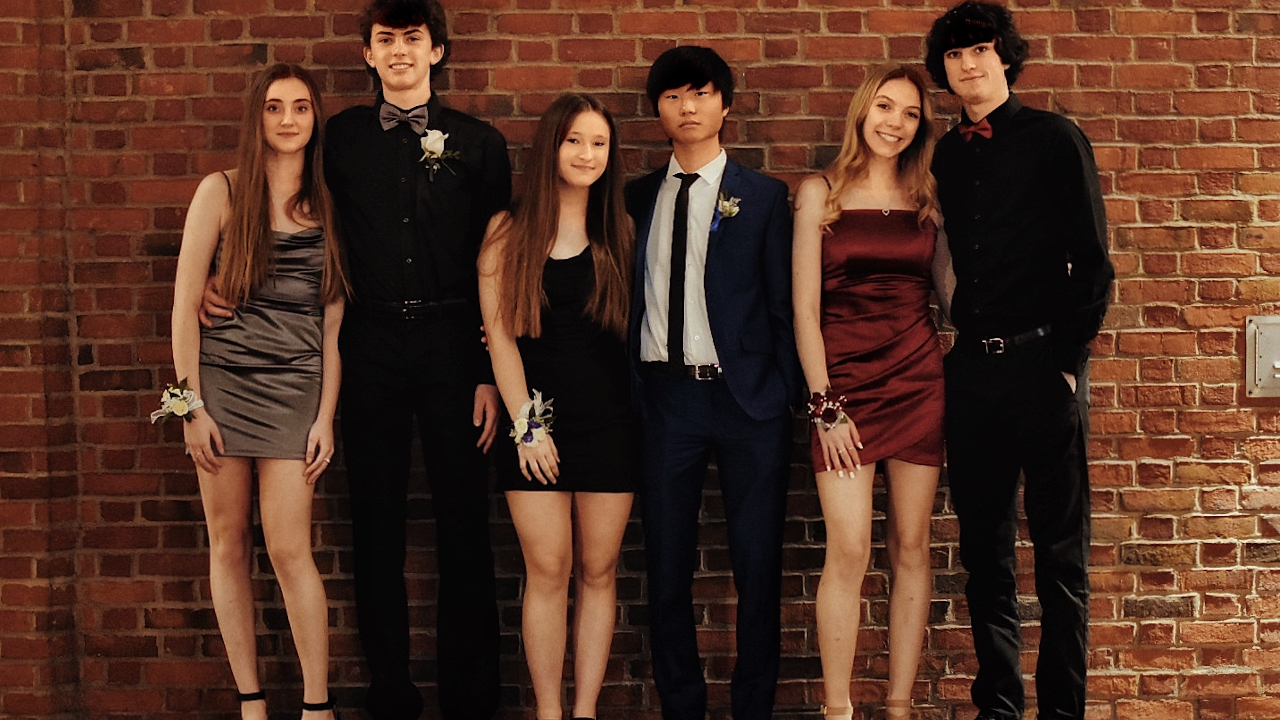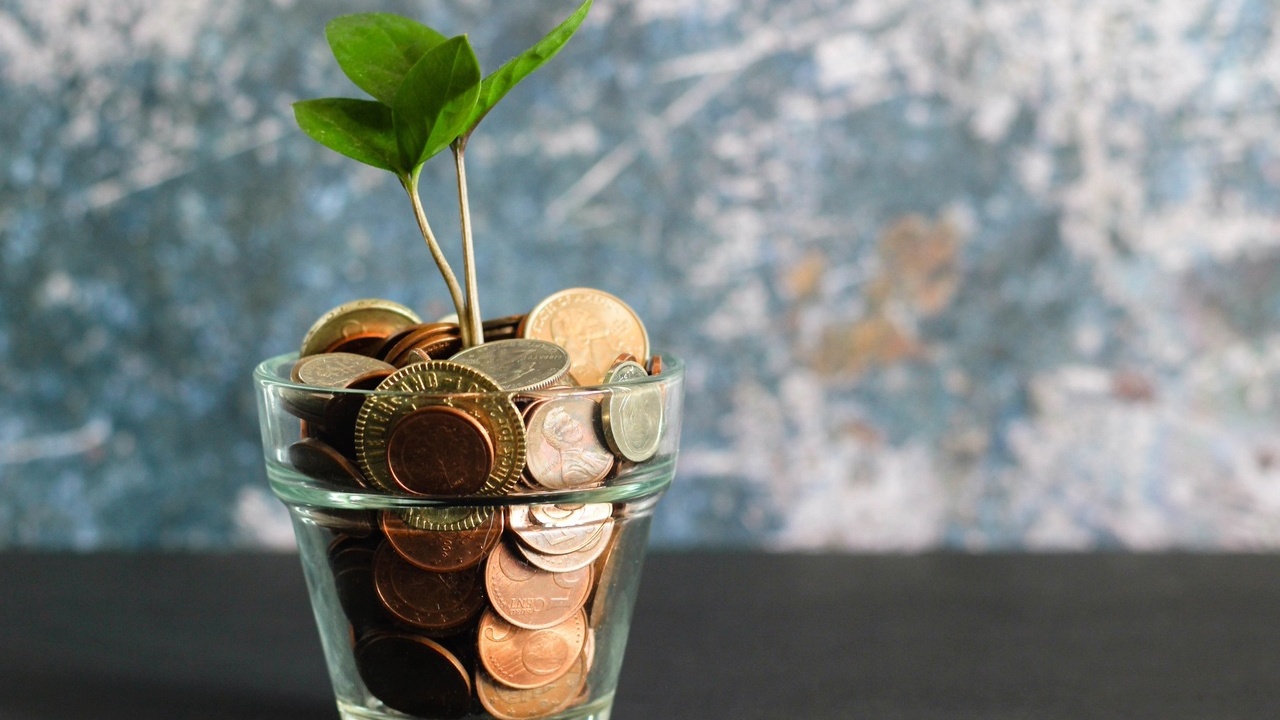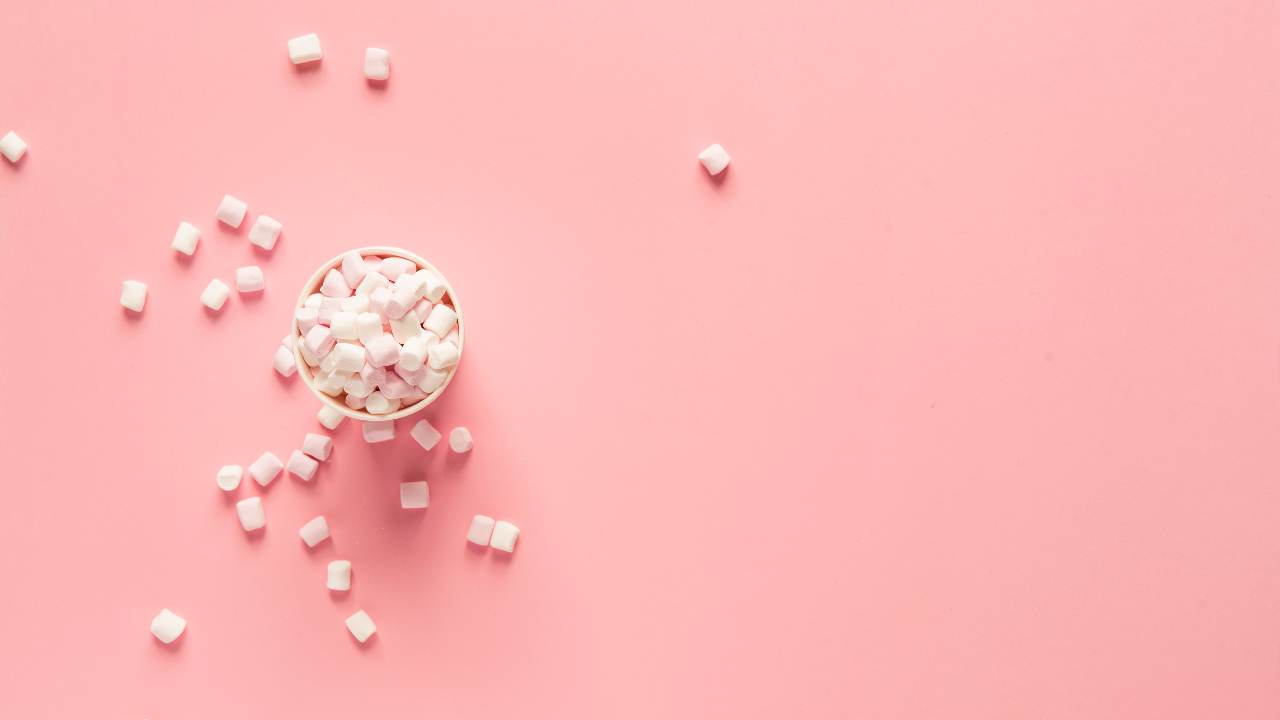KLEMP INSIGHTS
NEWSLETTER
5 Relationship Habits for a Happy New Year in 2024

Happy New Year!
If you’re like us, you’re beginning to think about new intentions, resolutions, and habits for 2024.
So we wanted to use this newsletter as a subtle nudge, a reminder to think not only about your individual habits but also about your habits as a couple for 2024.
Your relationship, after all, rests on a vast system of often unconscious habits. It’s a system perfectly designed to create both the good and bad in your life together.
Bad habits create conflict, distrust, hurt f...
Poop, Pop, 'Preciate -- 3 Words That Might Change Your Relationship

We live in an age of hyper connection.
We can text our partner at all hours of the day and night. We can track their every move using Google Location Sharing. We can even FaceTime them when we’re thousands of miles away.
So why is it so hard for modern couples to stay connected?
Researchers at UCLA have an answer. They followed around thirty modern couples, observing them like anthropologists as they ate, got the kids ready for school, and navigated the logistics of an ordinary day.
The...
Stop Trying to Have a High School Relationship (Here's How)

What we're about to tell you may be hard to hear.
So take a breath.
See if you can get curious.
OK, ready?
Here goes.
One of the biggest barriers to a happier relationship is this: you haven't updated your model of love since high school.
You remember high school love. It's when desire struck like a lightning bolt of dopamine, when you had endless hours of free time, when you could make the spur-of-the moment decision to cut class to hang out together at the mall without leaving your...
Forget BEING Rich -- Here's How to FEEL Rich in Your Relationship

Here’s a fun question for your next date night: “Do we feel rich?"
Notice that the question here isn’t, “are we rich?" That’s a much less interesting question, one you can easily answer with a quick Google search.
"Do you feel rich?" is a better question because it turns out to have almost nothing to do with the dollars in your bank account.
We first learned this in our interviews with couples for The 80/80 Marriage.
One couple decided that they were tired of grinding away at their corpo...
Tired of Restriction? Here’s Permission to Indulge in Your Relationship

We call it the pleasure guilt cycle.
And we’re guessing that you take a ride on this merry-go-round of indulgence and self-loathing most days. We certainly do.
The pleasure guilt cycle is what happens when two conflicting mental messages collide.
The first comes from the suffocatingly helpful zeitgeist of modern wellness influencer culture. It goes something like this:
- “You shouldn’t eat the bacon. Haven’t you read the studies on the links between processed meats and cardiovascular ...
You're The Problem in Your Relationship -- It's You

Why do you feel stuck? Here’s the answer served up by our modern world: your partner.
Just think about the way conversations with friends go down. When was the last time you were out with a group of women talking about their husbands over drinks and heard the line, “I think my real issue with Steve is that I need to do a little bit more introspective work on myself. I need to figure out how I am creating this dynamic?”
Is that what you heard? Or did you hear something more like, “F--- Ste...
You Married a Horse, Not a Unicorn

Here’s the first thing the world tells us about relationship success: find a unicorn.
Find your Mr. or Mrs. Right. Find that rom-com-worthy, diamond-in-the-rough guy or gal.
What happens then? Magic.
Once you find this unicorn partner, they will make everything okay. They will shower you with love and affection.
Unicorns, after all, aren’t like the rest of those other losers out there. They’re always turned on and in the mood. They cook and do all the dishes for fun. They make you breakfa...
Your Phone Is Ruining Your Relationship (Here's How to Put it Down)

When we interviewed couples, we heard tragic stories of divorce, constant conflict, and affairs.
But we also heard about a milder, more insidious, force pulling most couples apart.
The smartphone.
Think you don't have a problem with your phone? Think again.
Most research estimates that fifty percent of us admit to experiencing a full-on behavioral addiction to our phones. And while we might touch our partner lovingly several times a day, we touch our phones an average of 2,617 times each...
The Case for Failing the Life Marshmallow Test

If you're reading this newsletter, chances are that (1) you've heard of the marshmallow test and (2) you've set your life up around passing it with flying colors.
Nice work!
The marshmallow test, of course, comes from a classic 1972 experiment conducted at Stanford University. Children were given the choice between eating one marshmallow now or getting two marshmallows if they were willing to wait for 15 minutes (all while staring at the marshmallow in front of them).
This research, whi...
Watch Out for Appreciation Deflection in Your Relationship

If you've read The 80/80 Marriage, this newsletter, or any book on relationships, you know about the power of appreciation.
It's a relationship tool validated by a vast body of scientific research.
It's easy to do.
And its impact is nothing short of game-changing.
A single appreciation for your partner can turn even the most tense exchange into an opportunity for connection and intimacy.
But there's also a hidden trap when it comes to appreciation.
We call it appreciation deflection. H...

